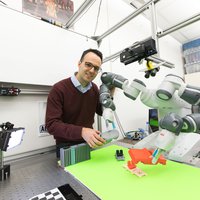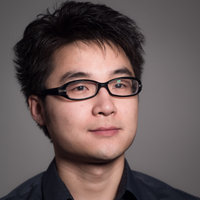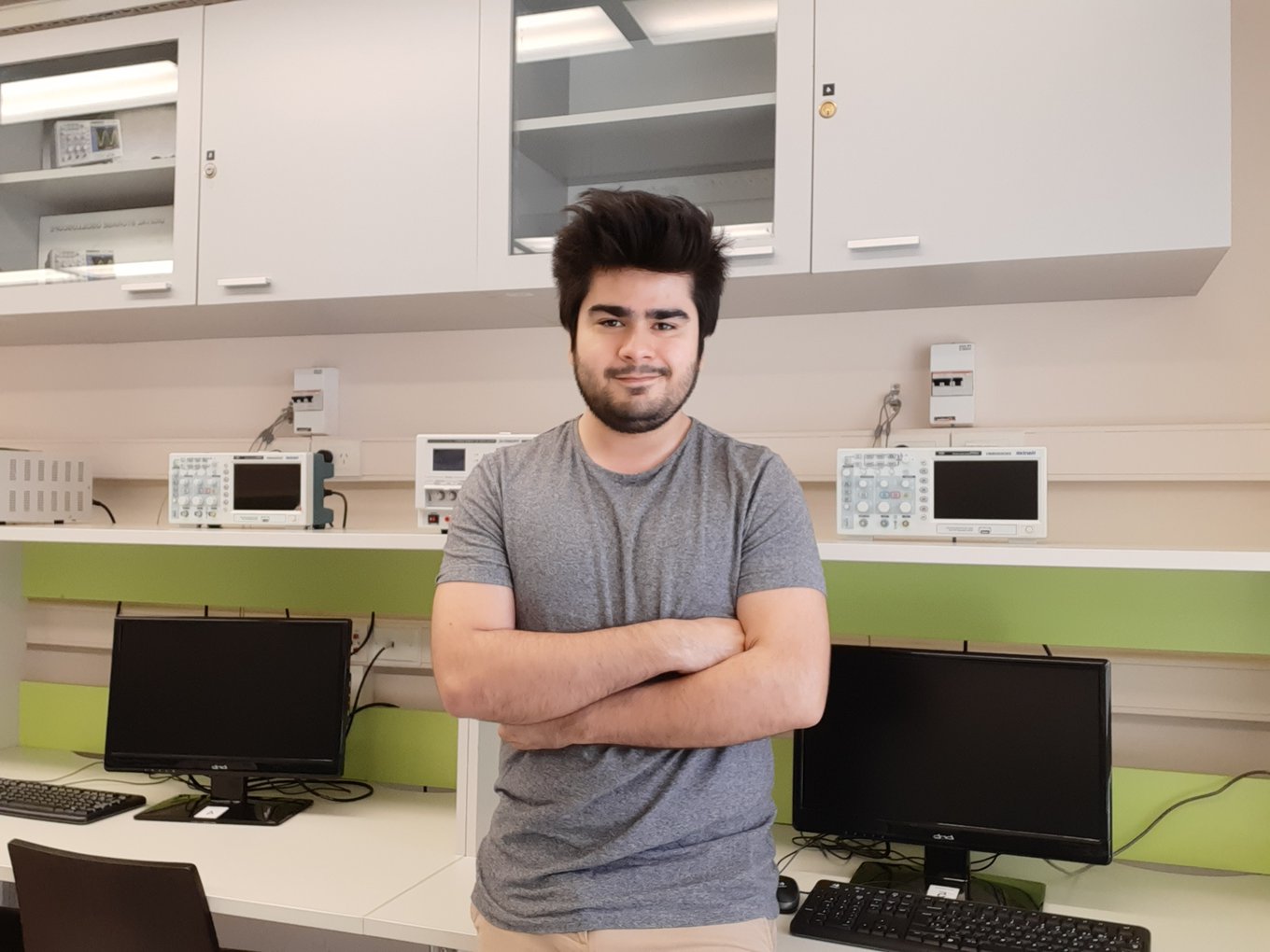The computer sector has evolved from computers that needed an entire room and had basic capabilities to smart phone computers that fit in any pocket and are even more powerful than the space ship used in the Apollo 11 mission. Given the fact that the electronic and computer sectors keep moving forward, it may very well be that within a handful of years the computational power and capabilities of these gadgets we use today will seem ridiculous.
This is precisely the job objective pursued by electrical engineer David Trejo, focusing his search on new ways of using memristores, which are exotic electronic devices whose existence was confirmed in 2008 and are constituted by two layers of metal with an insulating material in between.
The devices store information as soon as they receive electrical current and are becoming a favorite within the field of Artificial Intelligence (AI). While the computer industry nowadays is able to store information in a binary manner, the memristores that Trejo created can record multiple levels of information. Thanks to this breakthrough, the young engineer is now one of the winners of the Latin American Innovators Under 35 from the MIT Technology Review LATAM edition.
With thousands of memristores, a motherboard can emulate the neural networks of our brains. David has created a motherboard that allows him to do a neural network that consists of eight neurons and is currently working on one that will include up to sixty four thousand. “It's the largest integration model ever constructed.” Trejo also ensures that his memristores could be used as specialized chips within quantum computing.
The traditional RAM memory of the vast majority of the electronic appliances only allow binary language (with ceros and ones) when saving information, while Trejo's innovation will enable gadgets to store at least eight denominations. “This is very important for all advancements within the field of neuro morphic computing," Trejo claims, meaning that his is a pivotal discovery for all systems that emulate the neuronal synapse that form our nervous system. This shall result in the fourth electronic revolution: processors that are ready for Artificial Intelligence integration.
The implementation of this technological advancement will provide a never before experienced velocity in all computing sciences processes and will increase the power of the current ones.
“AI chips are something that we are going to need since all apps today use big data and artificial intelligence. That’s the reason our smartphones are currently so slow. With AI chips, the processing will be a lot faster and efficient,” Trejo replies.
The Telecommunications director from The National Autonomous University of Mexico (UNAM), María de Lourdes Velázquez, a member of the jury for the 2019 Latin American Innovators Under 35” believes the project Trejo developed could, “Help in the acceleration of hardware development for appliances involved in AI and the Internet of Things, and could achieve big effects within the never ending evolution of all computer industry."




